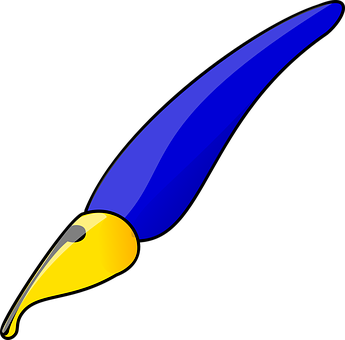Writing as a Transformational Tool
Writing is a magical and therapeutic resource. It’s way of getting to what is in your heart and mind and laying it out in front of you. Writing from your gut shows you the good, bad and ugly perspectives and beliefs that run your life. It is immediate and it’s confidential.
Many of my clients have used the technique “morning pages” coined by Julia Cameron in The Artist’s Way. Using this technique involves writing three pages every day—preferably first thing in the morning—without lifting your pen from the page until you get to the bottom of the third page. This has also been called automatic writing—letting whatever is in your mind flow out and fill the empty page. You write, close your journal or computer, take a deep breath and then proceed with your day.
As a writer/editor, I have often used this journal-type of writing, adding the editing process for clarity, on important decisions or bothersome conflicts. For instance, last week someone whose company I had previously enjoyed upset me. Worse, this person was someone I had to be around for the next few weeks. Day by day by, I felt myself shutting down, thinking negative thoughts about his every action. Even though I was aware of what I was doing, I couldn’t stop.
I decided to write him a letter. I began by laying out my raw feelings. Once I “vomited’ all of it on the page, I edited it several times, weeding out the parts that felt like accusations. Thoughts of the letter followed me to bed that night, and I got up twice to tweak it. Before I finally fell asleep, I asked my mind for clarity. Show me the truth of the matter.
In the morning I went straight to my computer to reread the letter and edit it yet again. The more I worked on it, though, the more I began to see how I had taken his actions personally rather than seeing them as expressions of his personality. This outcome was quickened and made possible through the writing and rewriting process. Later that day when I met with him, my negative feelings towards him were gone.
Writing and editing my thoughts saved me in many such situations by clarifying the bothersome emotions while gaining a broader, more true perspective on the situation.
I’d like to share the finer points of this therapeutic process that can lead to self-discovery and sound decision-making.
- Write without editing—get it all out!
- Read what you’ve written and see how it feels and sounds.
- Edit and continue tweaking it until you feel a shift or until the original annoyances or triggered feelings decrease.
- Step away from the writing and ask for clarity—from the universe or wherever you seek help.
- Edit and re-write until you feel at peace.
When this process is used for dealing with a conflict, writing in letter form creates the perfect listener. You get to see your thought process progress without having to hold back. When your letter is complete, you may choose to send it or delete it. Either way, getting it all out can show you where the original feeling began, how they escalated, and more. Using this process, I have saved myself the embarrassment of falsely blaming another for my pathology.
Enjoy!

